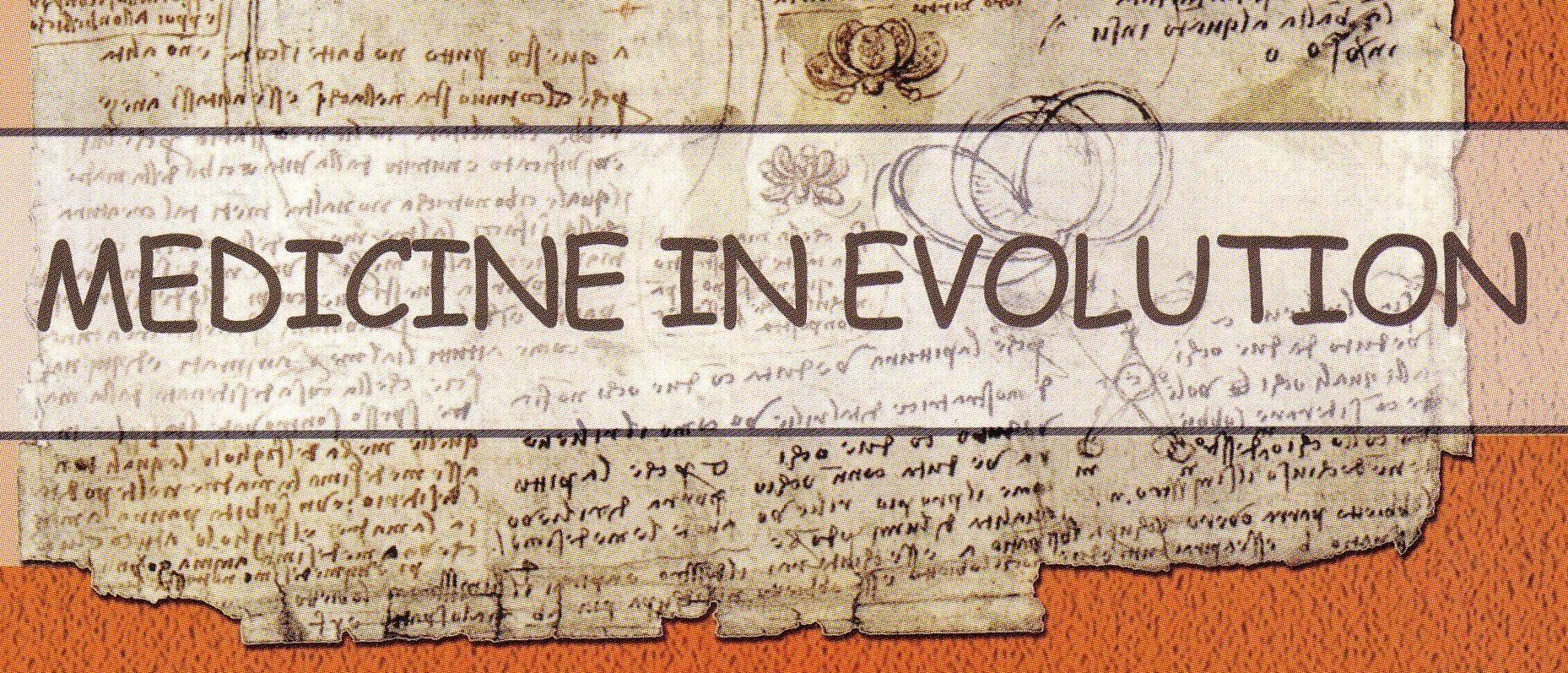|
Medicine in evolution
|
- Abstract -
The study was performed in a
group of 50 urolithiasis cases in the County
Clinical Emergency Hospital Timisoara, during the
period 2009-2010. A randomly selected group A,
including 30 CRF cases in pre-dialysis stage, and a
control group B, of 20 cases without CRF, were
studied. Patients were subjected to a standard
general clinical and biological examination of the
urinary apparatus and a dental examination for
diagnostic purposes. The role of saliva in the
formation of periodontal lesions and the presence of
salivary and serum tartar as local favoring factor
were comparatively monitored in the group with
urolithiasis induced CRF (in pre-dialysis and
dialysis stages) and in the group without CRF.
Patients with CRF caused by urinary lithiasis were
found with significant changes in the ionic
composition of saliva with decreased Ca and
increased phosphate concentrations and had a more
alkaline saliva as compared to patients without CRF
and this phenomenon is not entirely due to the
urease synthesized by oral bacteria but it is also
based upon other causes (e.g. the phosphate buffer
system). In conclusion, by extrapolating these
results, even though the observed changes do not
represent the exclusive cause of oral and
periodontal pathology, significantly more frequently
in patients with urolithiasis induced CRF, they may
contribute as a general favoring factor together
with tartar as local favoring factor in the
occurrence of this pathology.
Webmaster: Creanga Madalina |
|---|
